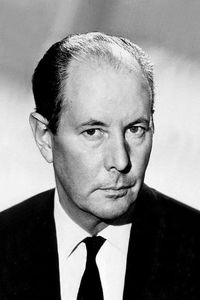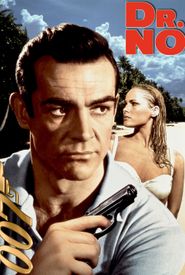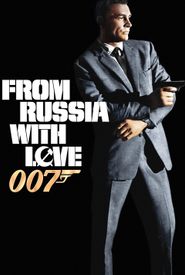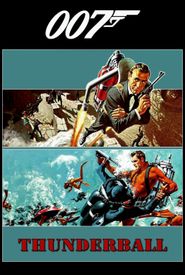Terence Young was born in Shanghai and educated at Cambridge. He began his career in the film industry as a scriptwriter in the 1940s, working on a variety of subjects including the wartime romance Suicide Squadron.
Young's original story for Suicide Squadron was devised while listening to a concert in an army training camp. He soon found himself involved in the war as a member of the Guards.
By the end of the decade, Young had graduated to directing, making his debut with the psychological melodrama Corridor of Mirrors in 1948. During the following decade, he helmed a number of international co-productions, featuring imported stars from Hollywood.
In the 1960s, Young directed the initial James Bond entry, Dr. No, and two subsequent Bond films, From Russia with Love and Thunderball. These films showcased his mastery of action subjects, with exotic locales and a seamless mix of technical wizardry, sex, violence, and tongue-in-cheek dialogue.
Young's later career suffered due to two disastrous projects: the Korean War epic Inchon, which was financed by the Rev. Sun Myung Moon's organization, and the predictably plotted spy thriller The Jigsaw Man. He directed only one more film after that and left the industry in 1988.
Terence Young passed away in September 1994, but his work on the James Bond franchise remains his most lasting legacy.































































